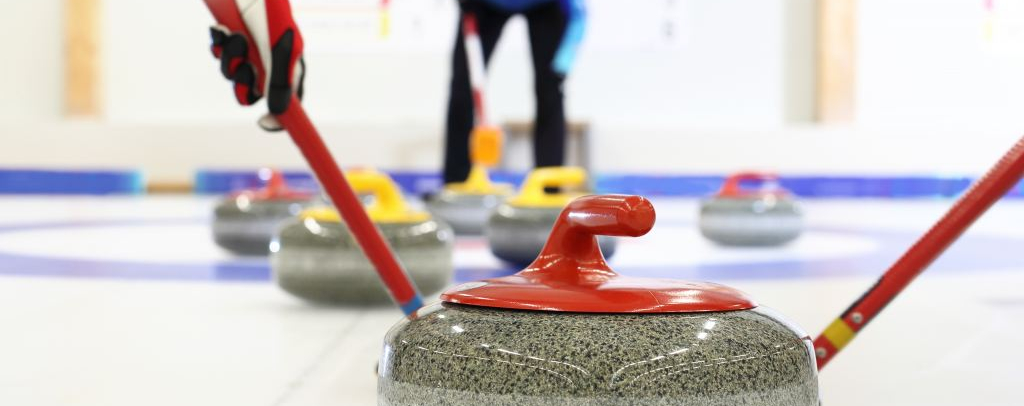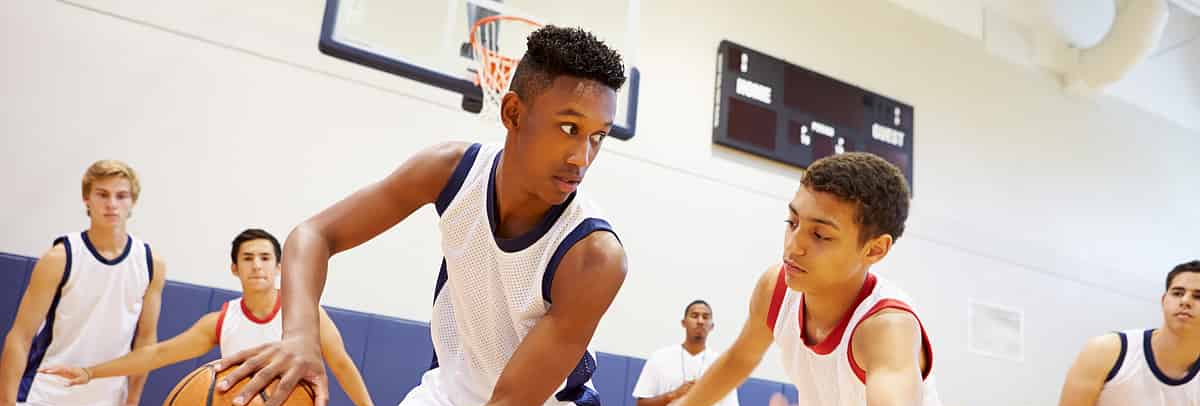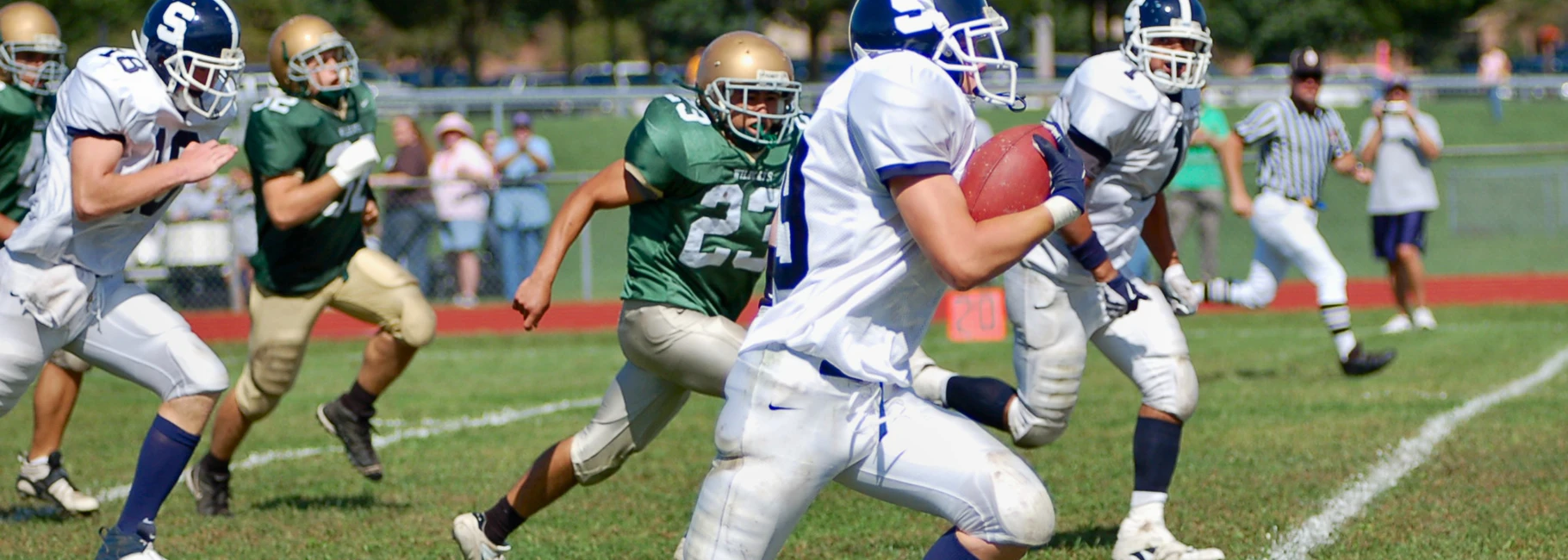By Chris, IvyWise College Admissions Counselor
So, you’re a high-level athlete who wants to compete collegiately. You’ve committed time, effort, and energy to being the best athlete you can be, competing for your high school team, your club team, working on speed and agility, lifting weights, and developing your skill set. You’ve made an investment in something you love and want to continue at a high level, and it’s time to leverage that in the college search. What does that imply in athletic recruitment?
Applying to college as a recruited athlete comes with a lot of decisions. Not only are you thinking about your education and the school that’s the best-fit for you, but there’s another layer of consideration to your sport, the team, the coach, and even the division the team plays in. While Division I might be the pinnacle for many athletes, there are a ton of advantages to playing at a Division III (D3) school.
Why Choose a Division III school?
For some families, the financial investment they’ve made in their child’s athletic development is significant, and they hope to see it realized as a scholarship to a Division I or II school as a way of validating their student’s talent. That, coupled with the athlete’s desire to play at the highest level possible, often means they won’t consider a Division III college even if all their academic and social/cultural interests are well represented. As a former college coach, I can’t count the number of times potential athletes told me, “I’m looking for a scholarship” and hung up the phone. So why should D1 level athletes consider D3 options? There are a number of great reasons, among them highly competitive athletic opportunities, topflight academics, and overall experience.
The Competition Is Great
Across the D3 landscape, and especially in the top conferences, the best athletes are legitimate D1 prospects. They were actively recruited by and considered D1 options but chose the D3 experience. The skill level is high, as is the athleticism and the coaching expertise. Over 20 seasons, I coached and competed against players who had considered Ivy and Patriot League options, players who turned down numerous D2 full or partial scholarships, and coaches who both came from and moved on to D1 positions (and taught me so much, usually while beating me.) Also, the rivalries are fierce and student support is passionate. Some small colleges have been competing against each other for hundreds of years, and students love to support their friends, dorm- and classmates. Sure, the more you win the better the turnout, but if you turned down a D1 offer to play there…
The Academics Are Outstanding
There are a number of educational options across D3, top-flight liberal arts colleges, strong technical institutes, small universities with varied programs and colleges, and arts-focused schools. Many of these colleges and universities are among the most renowned in the country, with prestigious faculties who want to teach undergraduates, and who provide excellent research and other opportunities for intellectual growth. STEM-oriented? Run track at MIT, Caltech, or WPI. Like languages? Lace up your hockey skates at NESCAC rivals Middlebury or Wesleyan, with two of the broadest foreign language programs in the country. Are you as passionate about music as you are about soccer? Maybe Oberlin’s conservatory program is right for you. In D3, academics come first, and it shows in the quality and variety of opportunities.
You Get to Be a College Kid, Too
No matter how strongly you identify as a scholar-athlete, you have other interests and goals that go well beyond The Big Game. As a D3 student-athlete you get to be a student, an athlete, and a whole lot more. While the commitment to athletics is significant in seriousness, time, and effort throughout the academic year (and summer), you are able to get involved on campus in other ways. D3 student-athletes are active in every aspect of campus life; they’re resident advisors, Career Center interns, tour guides and student interviewers, actors, singers and dancers, activists, members of student government, newspaper editors, and more. D3 scholar athletes also get to study abroad and pursue internships and summer job opportunities away from campus. In short, in D3 you get to do it all: Pursue varied passions, explore new interests, and find multiple ways to impact and add to the community.
You’ve put in your 10,000 hours, developed your abilities and passion, and are ready for the next level. It’s time to see where that will take you athletically, intellectually, and personally. Being a recruited athlete adds another layer to the college search, but it can also play a significant role in the admission process, opening doors and expanding opportunities to top colleges and universities. As you envision the possibilities, remember to consider the D3 experience — it’s pretty awesome.
Students who are interested in continuing an athletic career throughout college should do their research and reflect on the types of programs that best align with what they are looking for. At IvyWise, we have a number of counselors who have extensive experience guiding student-athletes through the college admissions process. If you are curious about your university athletic options and need personalized guidance, our team of admissions experts are here to help.




